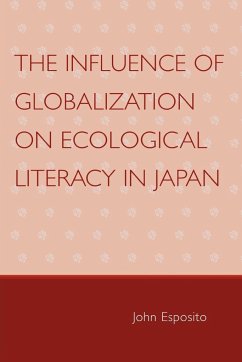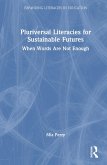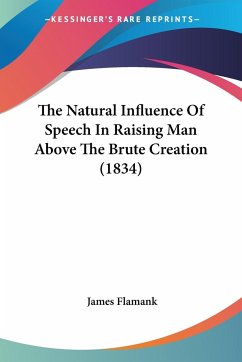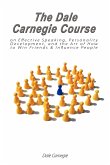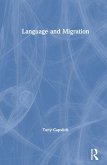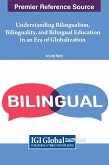Globalization, understood as an intensification of modernism, has over the past fifty years been a powerful force for cultural change. This study examines how one aspect of globalization, Hollywood films, influences Japanese thinking as regards to human-nature relationships. A critical discourse analysis of the most popular cinematic texts in Japan during a five-year period (1997_2001) uncovers the latent ideologies and messages linked to a modern worldview. This interdisciplinary work evaluates the influence of these films by way of a descriptive survey of Japanese culture; data from a university student focus group; and an analysis of linguistic, behavioral, and attitudinal changes toward environmental issues. A holistic approach to curricular reform that grounds ecological principles in traditional perceptions of nature is proffered as a way of countering exogenous influences while restoring a sense of balance to the culture-ecosystem.
Hinweis: Dieser Artikel kann nur an eine deutsche Lieferadresse ausgeliefert werden.
Hinweis: Dieser Artikel kann nur an eine deutsche Lieferadresse ausgeliefert werden.

